Is it coffee or tea that reigns as the most beloved hot drink in America? It’s a debate I’ve often found myself in, especially given that 79% of Americans prefer to start their day with a cup of joe. Lets take a further look at is coffee or tea more popular in the US.
In this blog post, we’ll dive deep into America’s love affair with these two iconic beverages by tracing their historical roots and examining current consumption patterns. Prepare for an intriguing journey through the world of American beverage preferences!
Key Takeaways
- Coffee is more popular than tea in the United States, with 79% of Americans preferring a cup of joe to start their day.
- The historical roots and cultural significance of coffee in America, including its association with independence from British rule, contribute to its popularity.
- Tea consumption in the US has been steadily increasing, especially among younger Americans, thanks to factors like health benefits and innovative flavor options. However, coffee still remains the dominant choice for most Americans.
The Popularity of Coffee in the US
Coffee has deep historical roots in America, with its cultural significance and consumption trends making it a dominant beverage choice in the country.
Historical roots of coffee in America
Coffee first came to America in the days of British rule. Back then, tea was the top drink. Things changed with the war for freedom from Britain. That’s when coffee became a way to show loyalty.
It grew into an American favorite after that famous Boston Tea Party event. Now, many Americans start their day with a hot cup of joe!
Cultural significance of coffee in American society
Coffee holds immense cultural significance in American society. It has become more than just a beverage; it is a symbol of energy and productivity, deeply ingrained in our daily lives.
Coffee has been intertwined with American history and played a crucial role during the Revolutionary War when Americans boycotted British tea imports. Since then, coffee has remained the go-to morning ritual for many, as it provides that much-needed pick-me-up to begin the day.
Its rich flavor and invigorating aroma have made it an integral part of social gatherings, business meetings, and even personal moments of solace. Whether enjoyed black or flavored with cream and sugar, coffee remains as America’s favorite drink of choice.
Coffee consumption trends and statistics
The consumption of coffee in the US has established a significant presence and a steady increase over the years, with a number of interesting statistics that reflect the nation’s love for this beverage. These trends and statistics are summarized in the following table:
| Year | Percentage of Americans Drinking Coffee |
|---|---|
| 2010 | 65% |
| 2015 | 72% |
| 2020 | 79% |
Besides the growing percentage of coffee drinkers, another notable trend is the preference for coffee over tea across different age groups. According to a survey, 70% of Americans aged 65 and over prefer coffee, while only 21% consider tea their go-to drink. This statistic gives us an insight into the deep-rooted coffee culture in the US, dating back to the country’s colonial history as a British Colony.
Another key fact supporting coffee’s popularity is its dominance in the Americas and continental Europe, while tea is more preferred in parts of Asia and the former Soviet Union. This geographical and cultural influence greatly contributes to the coffee consumption trends in the US.
However, it’s interesting to note that tea is becoming a favored choice among the younger generation in America. This shift in preferences indicates promising growth for the tea industry, but for now, according to the National Coffee Association’s 2017 National Coffee Drinking Trends report, coffee still reigns supreme in America.
The Presence of Tea in the US
Tea has a longstanding presence in the US, dating back to the colonial era when British settlers brought it over.
Historical background of tea in America
Tea has a long and interesting history in America. It first arrived in the United States during colonial times, when British settlers introduced it. Tea quickly became a popular beverage among the colonists, who imported large quantities from Britain.
However, its popularity declined after the Revolutionary War, when Americans boycotted British goods and turned to coffee instead. The famous Boston Tea Party also played a role in this shift, as colonists protested against high tea taxes imposed by the British government.
Despite these historical roots, tea consumption in America today is still overshadowed by coffee.
Tea consumption trends and statistics
Tea is also quite popular in the United States, with 75% of Americans drinking it. While coffee still takes the lead with 79%, tea consumption has been steadily increasing, especially among younger Americans. This shift in preference can be attributed to several factors, including a growing interest in health benefits and the popularity of specialty teas. Additionally, tea industry innovations and trends have made it more appealing to a wider range of consumers. It’s interesting to note that older individuals still tend to prefer coffee, with 70% of people aged 65 and over choosing it as their go-to hot beverage.
Factors Influencing Coffee’s Popularity Over Tea
Factors such as taste preferences, convenience, marketing and branding, and cultural influences have all contributed to coffee’s dominance over tea in the United States.
Taste preferences and flavor profiles
Americans have distinct taste preferences when it comes to hot beverages like coffee and tea. Coffee is known for its bold, rich flavors that can range from nutty to fruity, while tea offers a wider variety of delicate and herbal flavors.
The robust and deep profiles of coffee tend to attract those who enjoy strong and intense tastes, whereas the lighter and more nuanced flavors of tea appeal to individuals who prefer a milder drinking experience.
Coffee enthusiasts often appreciate the complexity and depth that different roasts, blends, or single-origin beans can offer in their cup of joe, while tea lovers find pleasure in exploring various types such as black, green, white, oolong, or herbal teas with their unique flavor profiles.
Convenience and accessibility
Convenience and accessibility play a significant role in the popularity of coffee in the United States. Coffee is readily available in various forms, such as instant coffee, single-serve pods, and coffee shops on almost every corner.
It’s convenient to make a quick cup of coffee at home or grab one on the go when we’re rushing to work or need an energy boost during the day. Coffee machines are also prevalent in homes and offices, making it easy for us to brew our preferred cup of joe whenever we want.
With its widespread availability and easy preparation options, it’s no wonder that Americans choose coffee as their go-to hot beverage.
Marketing and branding
Let’s talk about marketing and branding when it comes to coffee. Coffee companies have been very successful in promoting their products through clever marketing strategies. They have created strong brands that resonate with consumers, making them want to buy their coffee.
For example, Starbucks has built a brand around the idea of a cozy neighborhood cafe where you can enjoy your favorite cup of java. They have also marketed their coffees as high-quality and ethically sourced, appealing to consumers who care about these factors.
Other coffee companies have focused on convenience, offering pre-packaged single-serve pods or ready-to-drink options for people on-the-go. These smart marketing tactics have helped make coffee the dominant beverage choice in America.
Now let’s discuss tea’s marketing and branding efforts in the US. While not as dominant as coffee in terms of popularity, tea companies are also finding success through creative marketing campaigns and branding initiatives.
Tea is often associated with relaxation, health benefits, and mindfulness practices like yoga and meditation. Companies like Teavana market their teas as luxurious indulgences that promote well-being and balance in our busy lives.
Cultural influences
My love for coffee is not just because of its taste and aroma but also because of the cultural influences surrounding it in America. Coffee has become deeply ingrained in our society, from being a morning ritual to a way to connect with others.
Its popularity can be traced back to our colonial history as a British Colony. During the Revolutionary War, when we separated from British rule, tea became associated with our past oppressors.
As a result, Americans turned to coffee as a symbol of independence and rebellion. Even today, this preference for coffee over tea remains strong in our culture. It’s not just about the beverage itself; it’s about what it represents – freedom, boldness, and individuality.
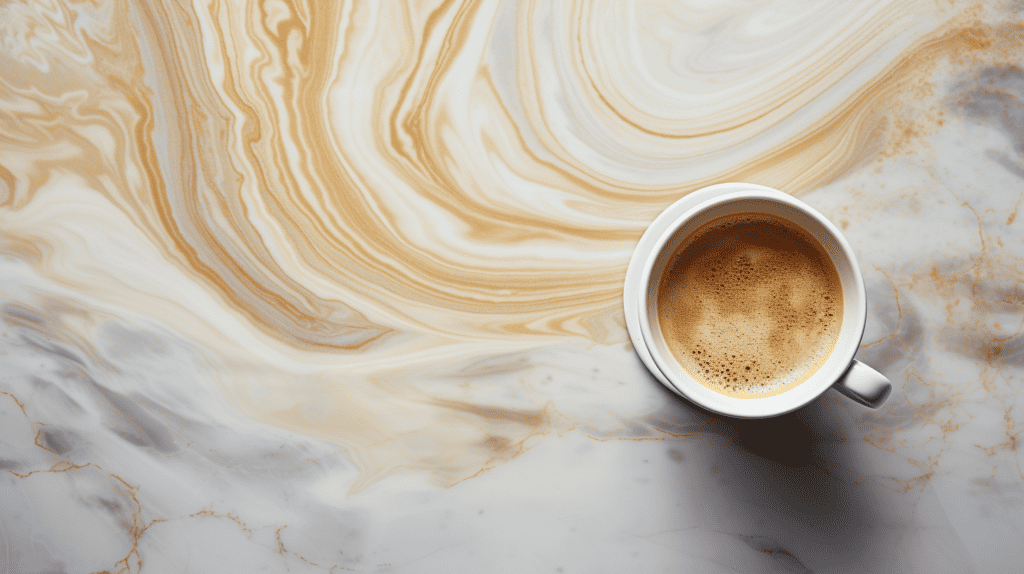
The Rise of Tea’s Popularity in Recent Years
Tea’s popularity has been on the rise in recent years due to its numerous health benefits, growing interest in specialty and herbal teas, as well as innovative trends in the tea industry.
Health benefits of tea
Tea has numerous health benefits that make it a popular choice among health-conscious individuals. Here are some of the reasons why tea is considered beneficial for our well-being:
- Tea is rich in antioxidants, which help protect our cells from damage caused by harmful molecules called free radicals.
- Drinking tea may reduce the risk of heart disease and stroke, as it has been linked to lower blood pressure and cholesterol levels.
- Some studies suggest that tea may help improve brain function and reduce the risk of Alzheimer’s and Parkinson’s diseases.
- Tea contains compounds called catechins, which have been shown to boost metabolism and aid in weight loss.
- Certain types of herbal teas, like chamomile or peppermint, can have a calming effect on the body, promoting relaxation and better sleep.
- Green tea, in particular, is known for its potential cancer – fighting properties due to its high concentration of polyphenols.
- Regular consumption of tea has been associated with a lower risk of developing type 2 diabetes.
Growing interest in specialty and herbal teas
I’ve noticed that there is a growing interest among people, especially younger ones, in specialty and herbal teas. These unique blends offer different flavors and health benefits compared to traditional teas.
Many people are attracted to the variety and experimentation that comes with these teas. For example, some specialty teas include ingredients like chamomile or lavender, which have calming effects on the body.
Herbal teas also often contain antioxidants that can boost our immune system and improve overall well-being. This recent trend shows that people are becoming more adventurous in their tea choices and are looking beyond just basic black or green tea options.
The rise of specialty and herbal teas can be attributed to several factors. First, there has been an increased emphasis on wellness and healthy living in recent years. People are turning to natural remedies for various ailments, including incorporating herbal teas into their daily routines.
Additionally, social media platforms have played a significant role in popularizing these speciality blends by showcasing unique flavor combinations and creative brewing techniques.
Another factor contributing to the popularity of specialty and herbal teas is the increasing availability of these products in cafes, supermarkets, and online stores. As more companies recognize this rising demand, they are expanding their offerings to cater to diverse tastes.
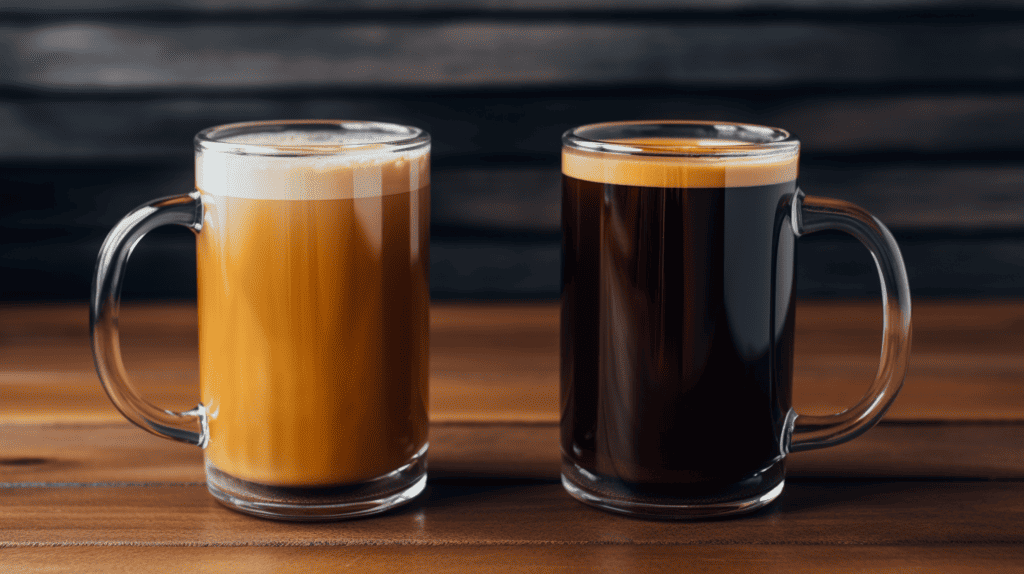
Tea industry innovations and trends
In recent years, there have been several exciting innovations and trends in the tea industry. One of the key developments is the growing interest in specialty and herbal teas. People are becoming more adventurous with their tea choices, exploring unique flavors and blends beyond traditional black or green tea.
Additionally, there has been a focus on promoting the health benefits of tea, such as its high antioxidant content and potential immune-boosting properties. As a result, more Americans are incorporating tea into their daily routines for both their flavor profiles and wellness advantages.
Tea companies have also started emphasizing sustainable sourcing practices and eco-friendly packaging to appeal to environmentally-conscious consumers. These industry shifts reflect a broader cultural shift towards healthier lifestyles and conscious consumption choices among Americans who enjoy diverse options when it comes to choosing their favorite hot beverage.
Conclusion on Is Coffee Or Tea More Popular In The Us
Coffee is the reigning champion in America when it comes to hot beverages. From its historical roots and cultural significance to its widespread consumption, coffee has a strong hold on American preferences.
However, tea is gaining ground with its health benefits and innovative flavors, particularly among younger generations. While both have their merits, coffee remains the dominant choice for most Americans.
Is Coffee an Acid or Base and How Does This Impact Its Health Benefits?
Is coffee an acid or base? The coffee acidity: surprising truth for better health is that coffee is actually acidic. However, this acidity doesn’t necessarily impact its health benefits. In fact, the natural acids found in coffee can provide antioxidant benefits and boost the metabolism. So, while coffee may be acidic, its overall impact on health is more complex and can still be favorable.
FAQs on Is Coffee Or Tea More Popular In The Us
1. Is coffee or tea more popular in the US?
Coffee is more popular than tea in the US.
2. How many people in the US drink coffee?
Approximately 64% of adults in the US drink coffee regularly.
3. What are some reasons why coffee is popular in the US?
Some reasons for coffee’s popularity include its energizing effect, variety of flavors and preparations, and association with social activities such as meeting friends or colleagues at cafes.
4. Are there any health benefits to drinking tea instead of coffee?
Yes, drinking tea has been linked to various health benefits including lower risk of heart disease, improved brain function, and reduced inflammation.

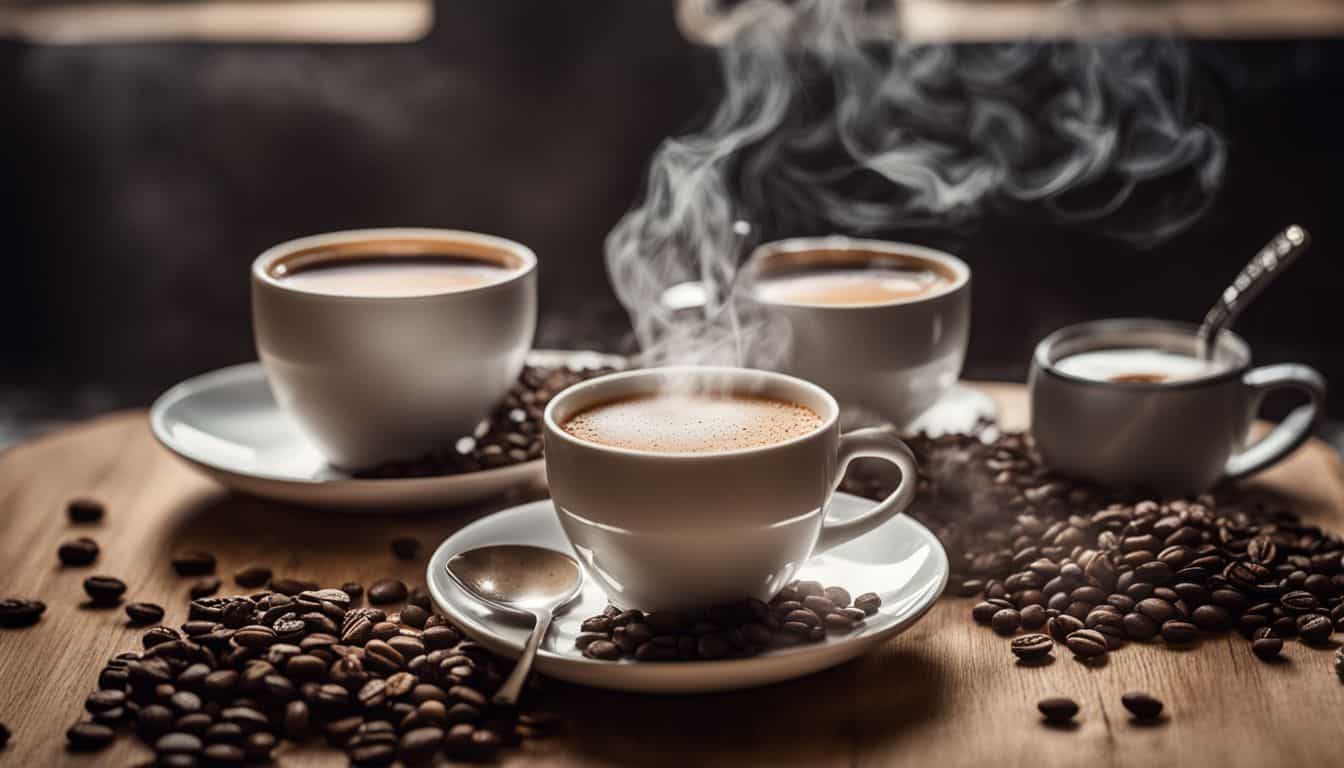
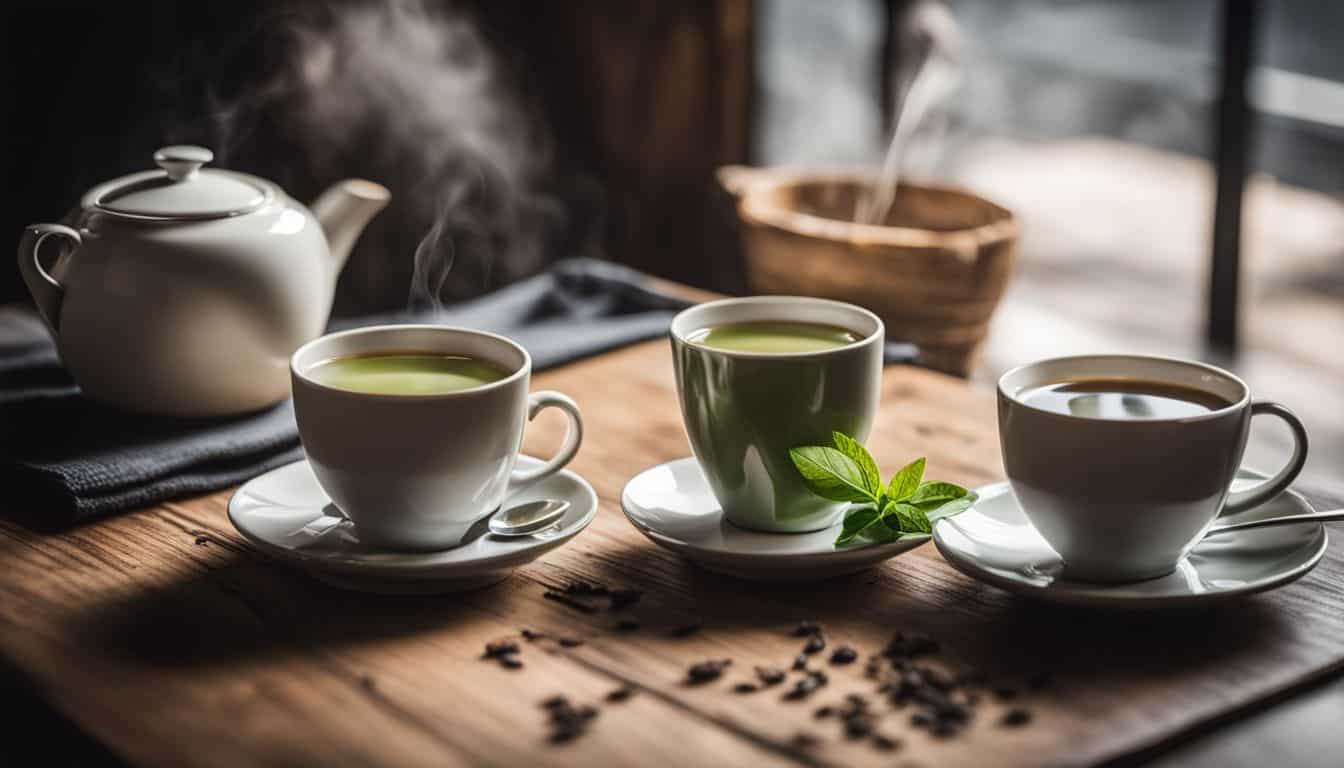

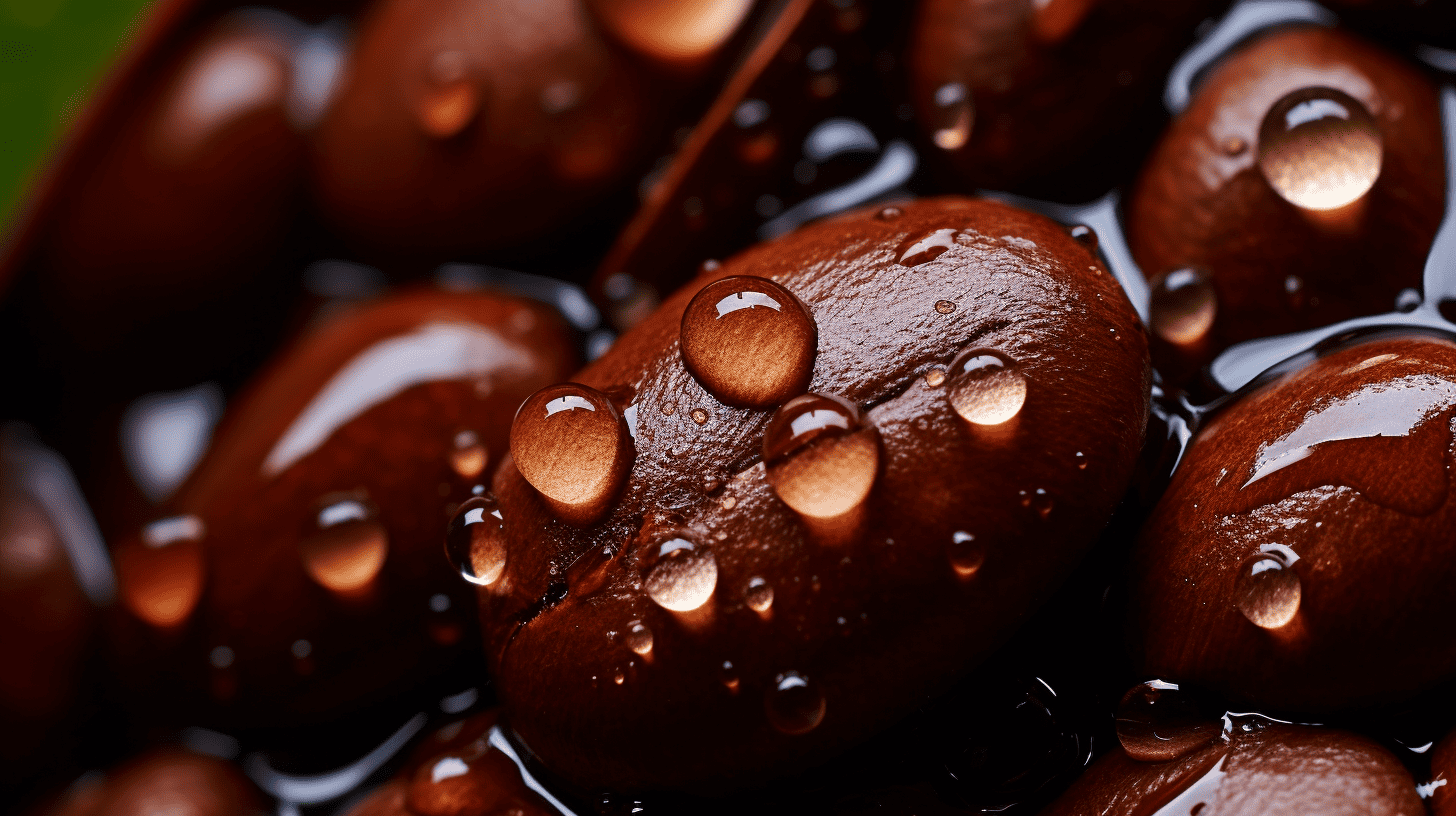
Leave a Reply